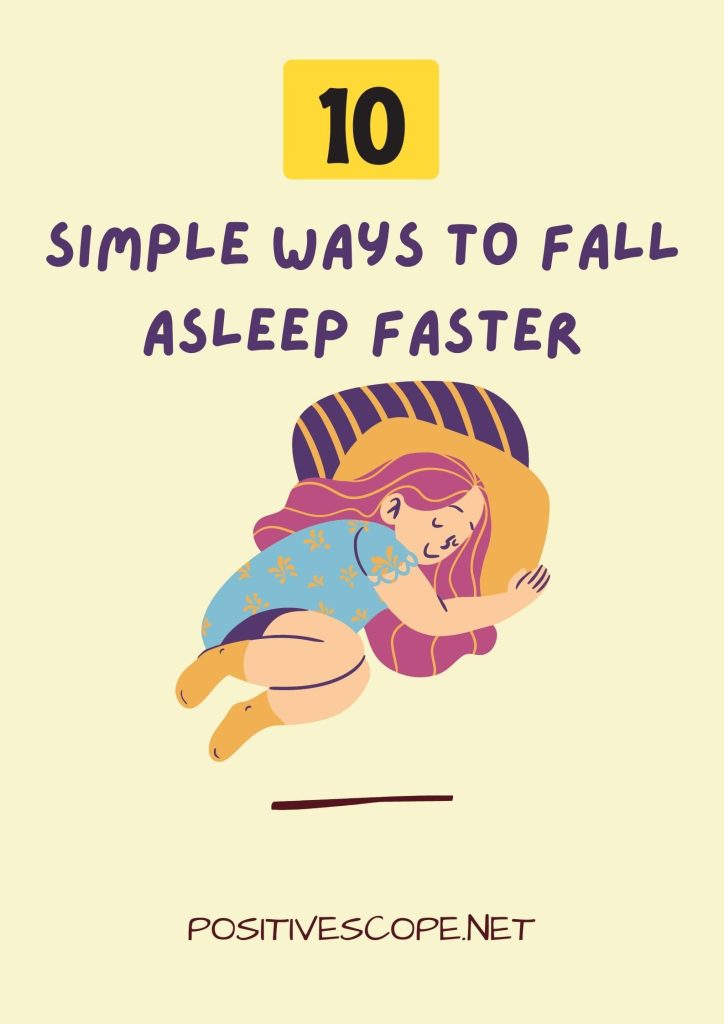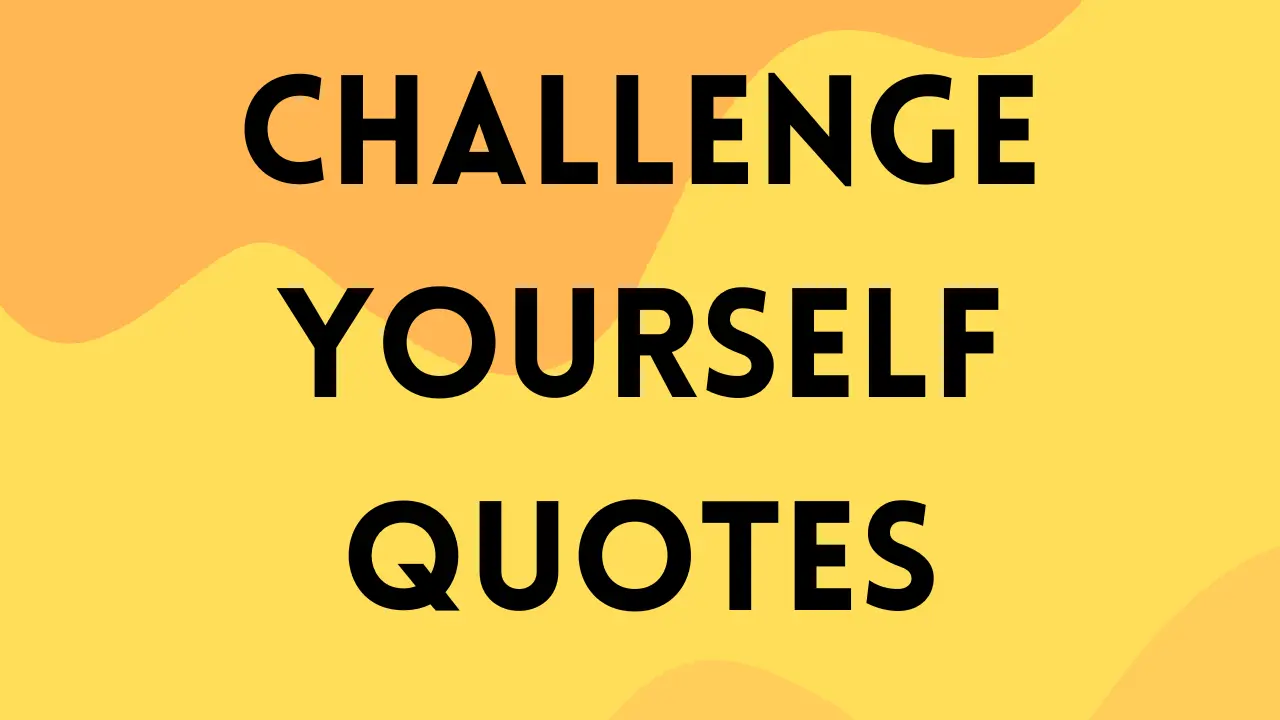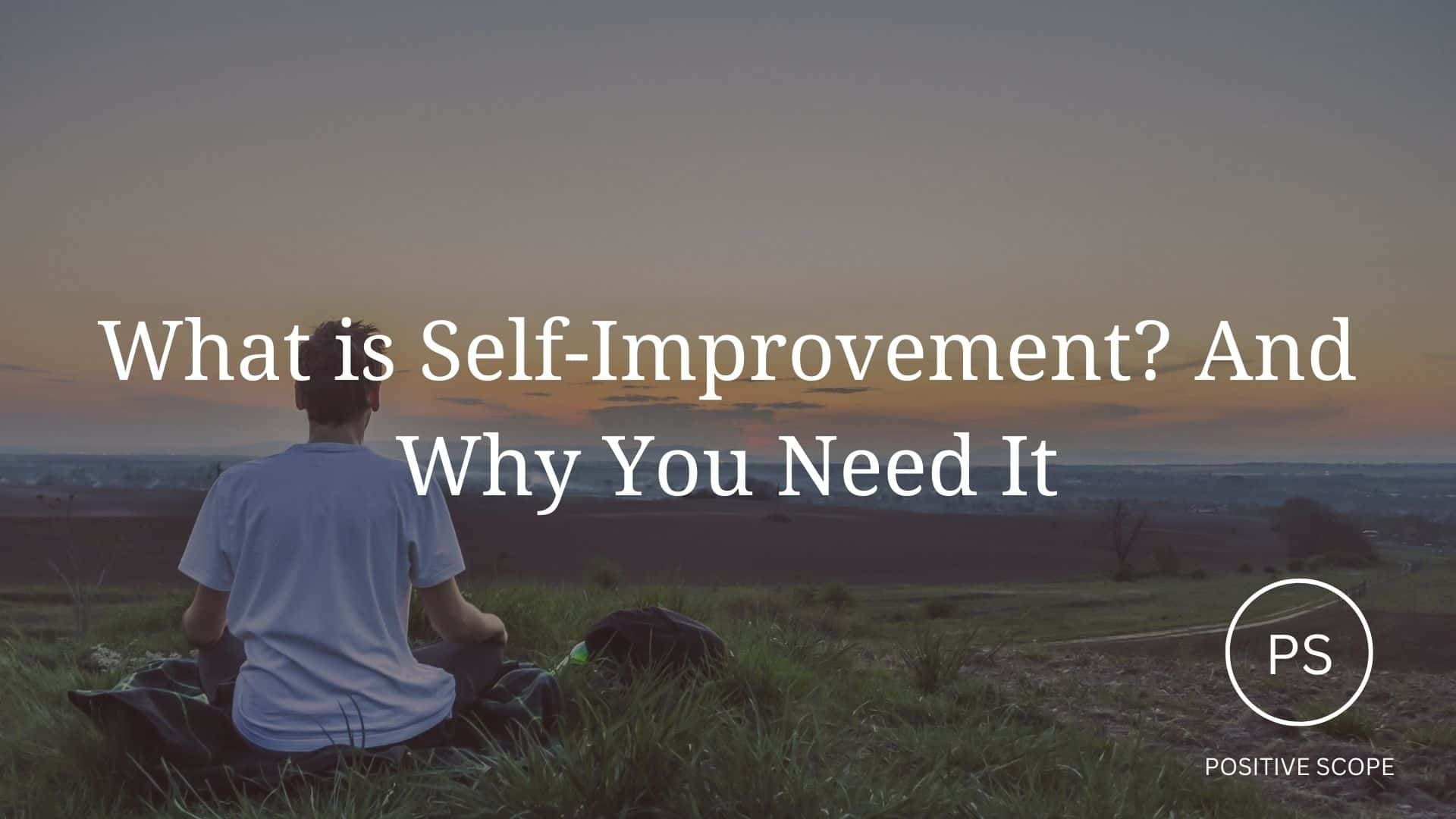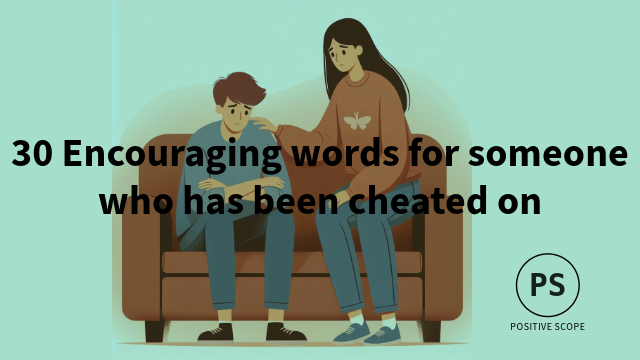How To Fall Asleep Faster: 10 Simple Ways For Better Sleep
Are you struggling to fall asleep at night? Are you looking for ways on how to fall asleep faster?
Getting a good night’s sleep is essential for physical and mental health.
However, for many of us, falling asleep can be a challenge. So if you find yourself lying awake at night staring at the ceiling trying to fall asleep, you’re not alone.
Sleep deprivation can be detrimental to your health. It makes it difficult for you to concentrate and stay alert during the day affects your mood, increases irritability and impairs decision-making abilities.
So, here are 10 tips to help you fall asleep quicker and get the rest you need.

1. Exercise During The Day.
Physical activity during the day can help you fall asleep faster. Research shows that regular exercise can improve sleep quality and duration, but it’s important not to exercise too close to bedtime.
A few examples are:
- Walking or running on a treadmill
- Doing stretching exercises
- Waking a relaxing bath
- Cycling
2. Don’t Take Naps During The Day.
Taking a nap during the day is another way to make yourself more tired for bedtime if you have trouble sleeping at night.
However, research shows that naps taken too close to bedtime can make it difficult for you to fall asleep at night.
It’s best to avoid napping during the day, or to limit your naps to 20-30 minutes earlier in the day.
3. Avoid Caffeine, Alcohol, and Nicotine.

Caffeine has a half-life of approximately 6 hours, meaning it takes your body up to 12 hours to metabolize it fully.
This means consuming caffeine even 3-6 hours before bed can disrupt sleep patterns. In addition, studies have shown that drinking caffeine close to bedtime can lead to reduced sleep duration.
As a personal rule, I avoid consuming caffeine after 4-5 pm to ensure I get a good night’s sleep. However, consuming caffeine too close to bedtime can make it difficult to fall asleep and lead to a restless night.
Read next: How To Fall Asleep Faster: 10 Simple Ways For Better Sleep
4. Establish a Regular Sleep Schedule.
Having a regular sleep schedule can help your body get into a rhythm and make it easier to fall asleep at night.
Try to go to bed and wake up simultaneously every day, including on weekends, to help your body get used to a regular sleep pattern.
5. Create a Relaxing Bedtime Routine.
Creating a relaxing bedtime routine can help your body and mind prepare for sleep.
This might include reading a book, listening to soothing music, or doing deep breathing exercises.
Engaging in a relaxing bedtime routine can help you feel calm and relaxed, making it easier for you to fall asleep.
6. Avoid Eating Before Bed
It is best to avoid eating before going to bed. When you eat a meal close to bedtime, your body is focused on digesting the food.
This can lead to indigestion and other uncomfortable symptoms that can make it difficult to fall asleep.
In addition, spicy or heavy meals can cause stomach upset and further disrupt your sleep.
To ensure a good night’s rest, it is best to avoid eating within a few hours of bedtime.
7. Limit Use Of Electronics And/Or Decrease Blue Light Exposure.
The use of digital devices can have adverse effects on your sleep patterns. This is because these devices emit blue light to suppress melatonin levels, as shown in a Harvard Study.
This hormone is essential for regulating our sleep-wake cycles, and it can be challenging to fall asleep without sufficient levels.
Additionally, the constant stimulation from electronic devices can keep our brains in an active and engaged state hindering our ability to relax and fall asleep.
To combat this, using blue light filters on your devices or wearing blue-light-blocking glasses when using electronics at night is recommended.
This can help to minimize the negative effects of blue light on your sleep.
Read next: What is Self-Improvement? And Why You Need It
8. Lower The Temperature Of Your Room
The human body has an internal mechanism that regulates its temperature, known as a internal thermostat.
Our brain sets this thermostat to a slightly lower temperature when we sleep. Therefore, if your bedroom is cooler it will be easier for your body to fall asleep.
However, making your bedroom warm enough is important as this can cause discomfort and difficulty sleeping. Similarly, if your bedroom is too hot it can lead to insomnia.
Finding a comfortable temperature that works for you and your sleep patterns is important.
| Age | Celcius | Fahrenheit |
|---|---|---|
| Adults | 15-22 degrees | 60-72 degrees |
| Elderly | 19-21 degrees | 66-70 degrees |
| Toddlers and babies | 18-21 degrees | 65-70 degrees |
9. The 4-7-8 Technique.
The 4-7-8 breathing method is a simple yet effective way to relax and calm the mind. It involves inhaling for a count of four, holding the breath for seven, and exhaling for a count of eight.
This technique is said to help regulate the breath and slow down the heart rate, leading to relaxation. It can be practiced anytime, anywhere, and is particularly helpful with stress or anxiety.
Some potential benefits of the 4-7-8 breathing method include the following:
- Improved relaxation and stress relief
- Reduced pressure and feelings of panic
- Better sleep
- Increased focus and concentration
- Decreasing symptoms of conditions like insomnia and hypertension.
To try the 4-7-8 breathing method:
- Start by finding a comfortable seated position with your back straight and your feet planted firmly on the ground.
- Place the tip of your tongue against the roof of your mouth, just behind your front teeth.
- Take a deep breath through your nose for a count of four.
- Hold your breath for a count of seven, and exhale slowly through your mouth for a count of eight.
- Repeat this process for a few minutes, focusing on the sensation of your breath and trying to let go of any distracting thoughts.
With regular practice, the 4-7-8 breathing method can be a powerful tool for calming the mind and promoting relaxation.
10. Dim Your Lights.
In addition to limiting the use of electronics and reducing blue light exposure, you should also dim your lights at least 30 minutes before bedtime.
Bright lights can disrupt your production of melatonin making it more difficult to fall asleep and stay asleep. You may also want to consider using blackout curtains or an eye mask to block out any early morning light that could wake you up.





